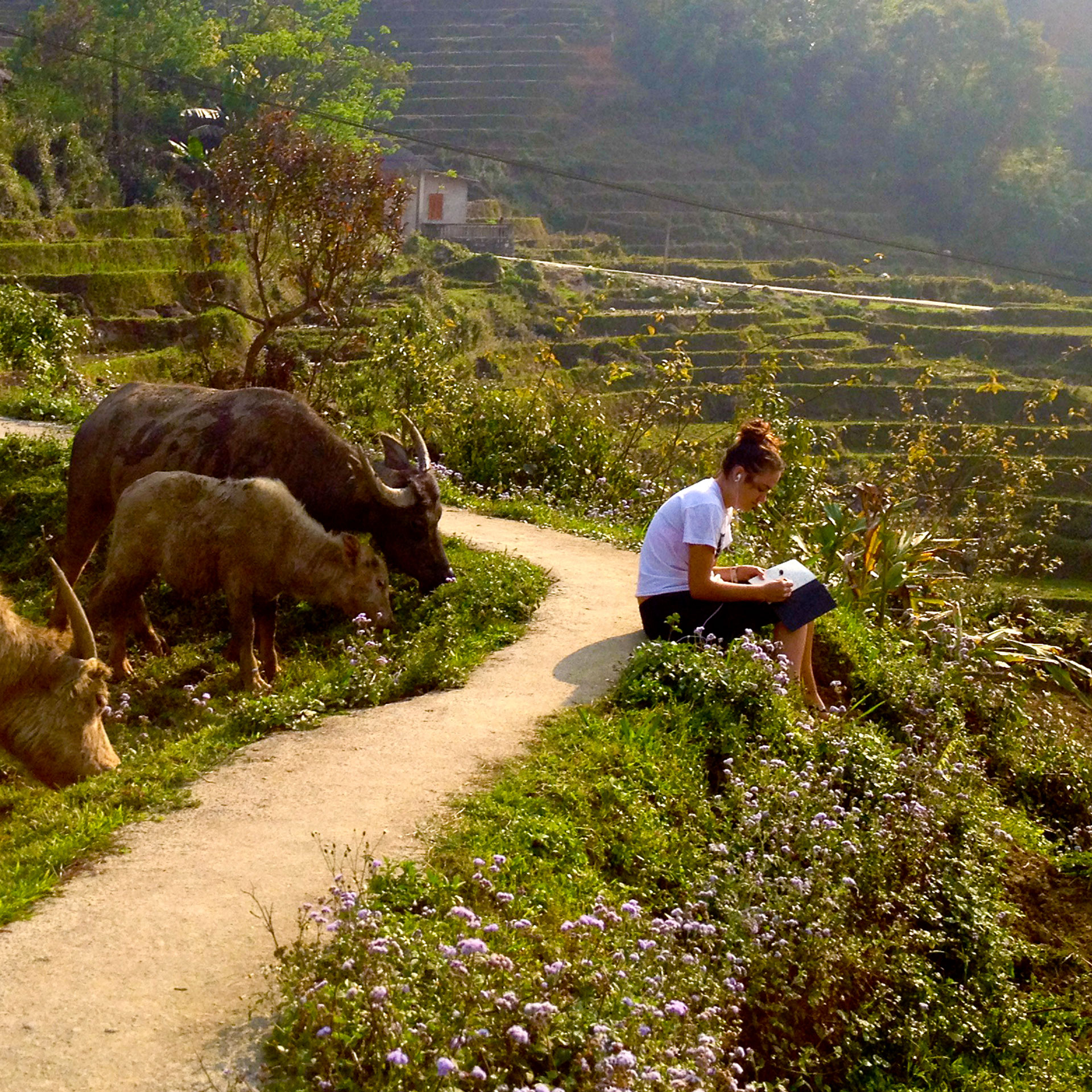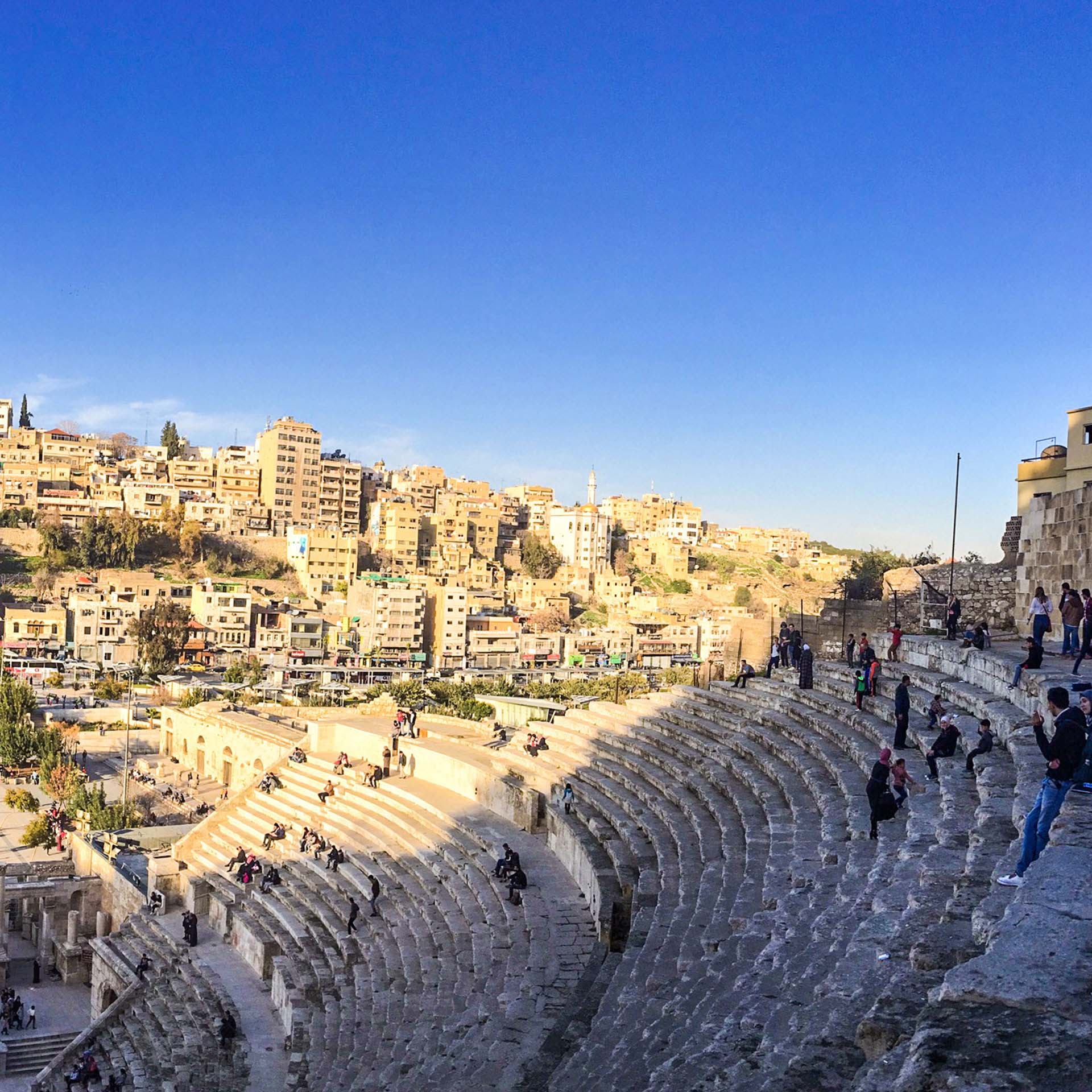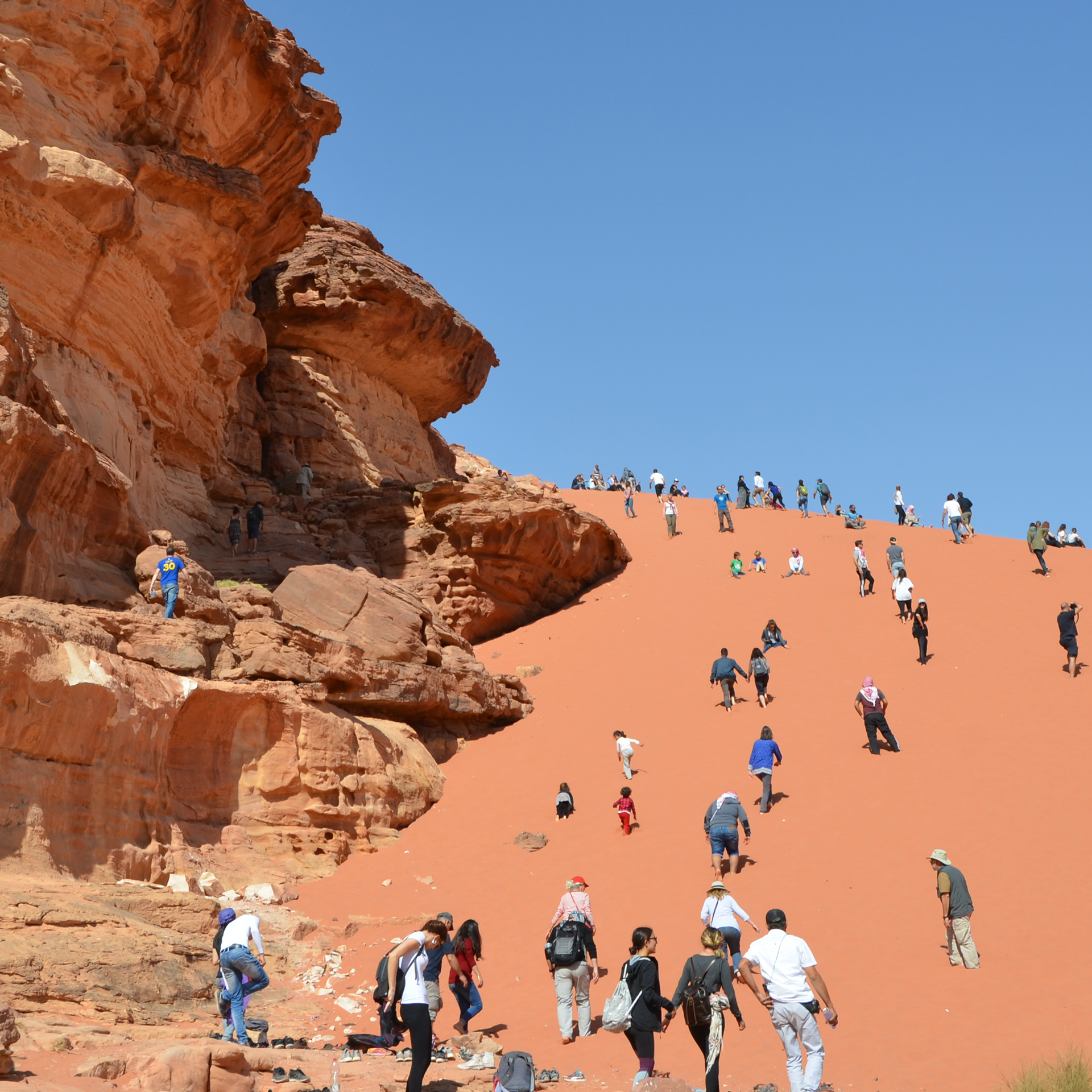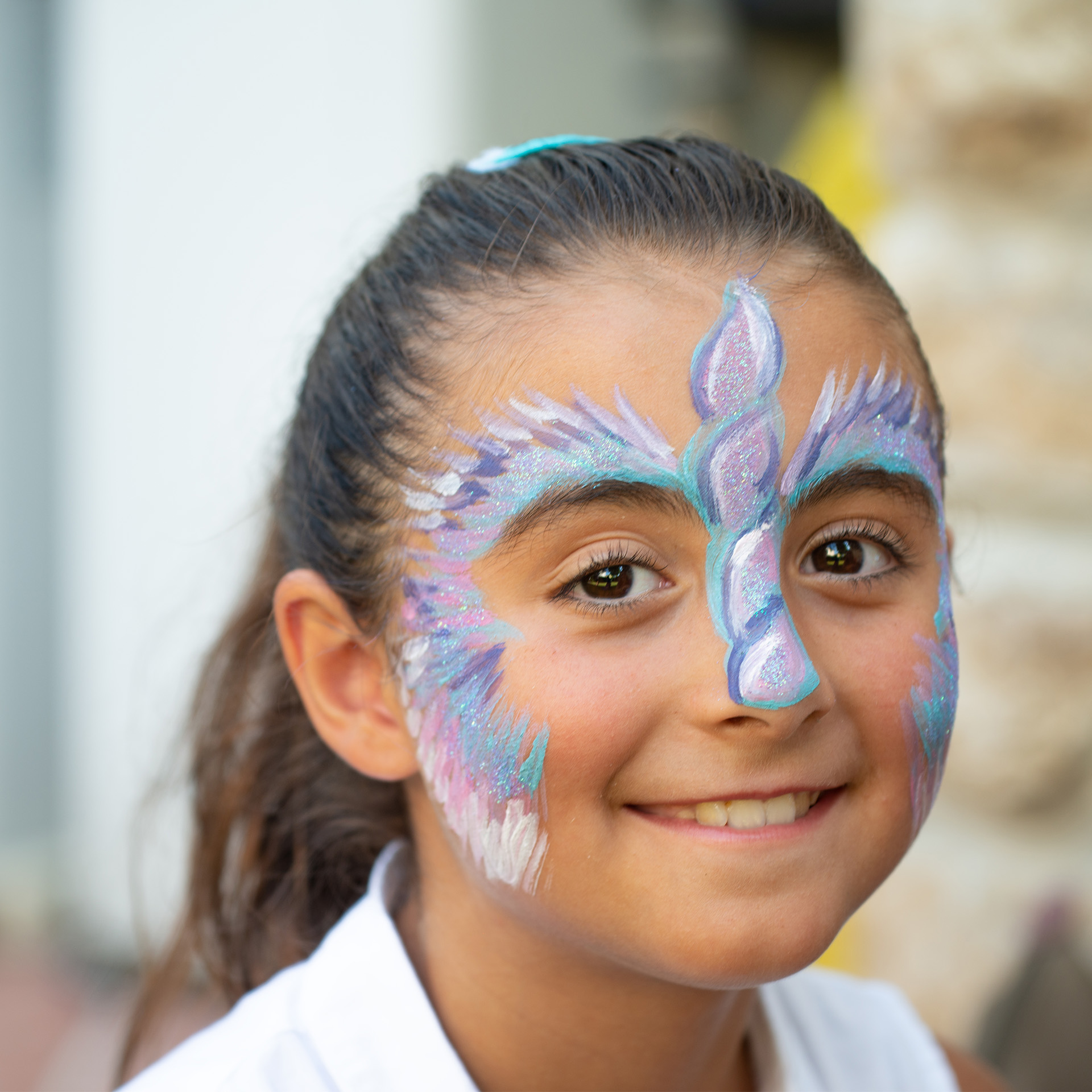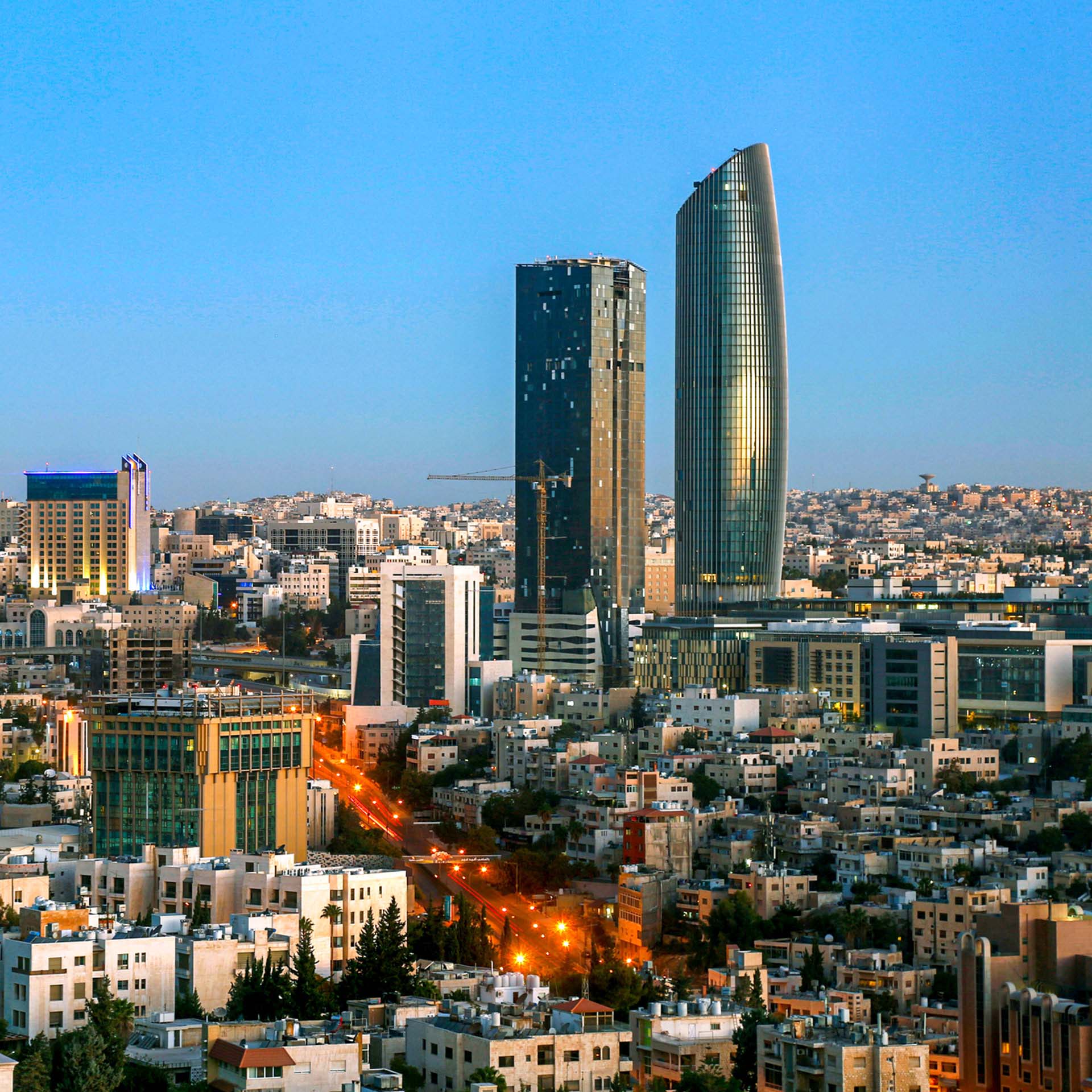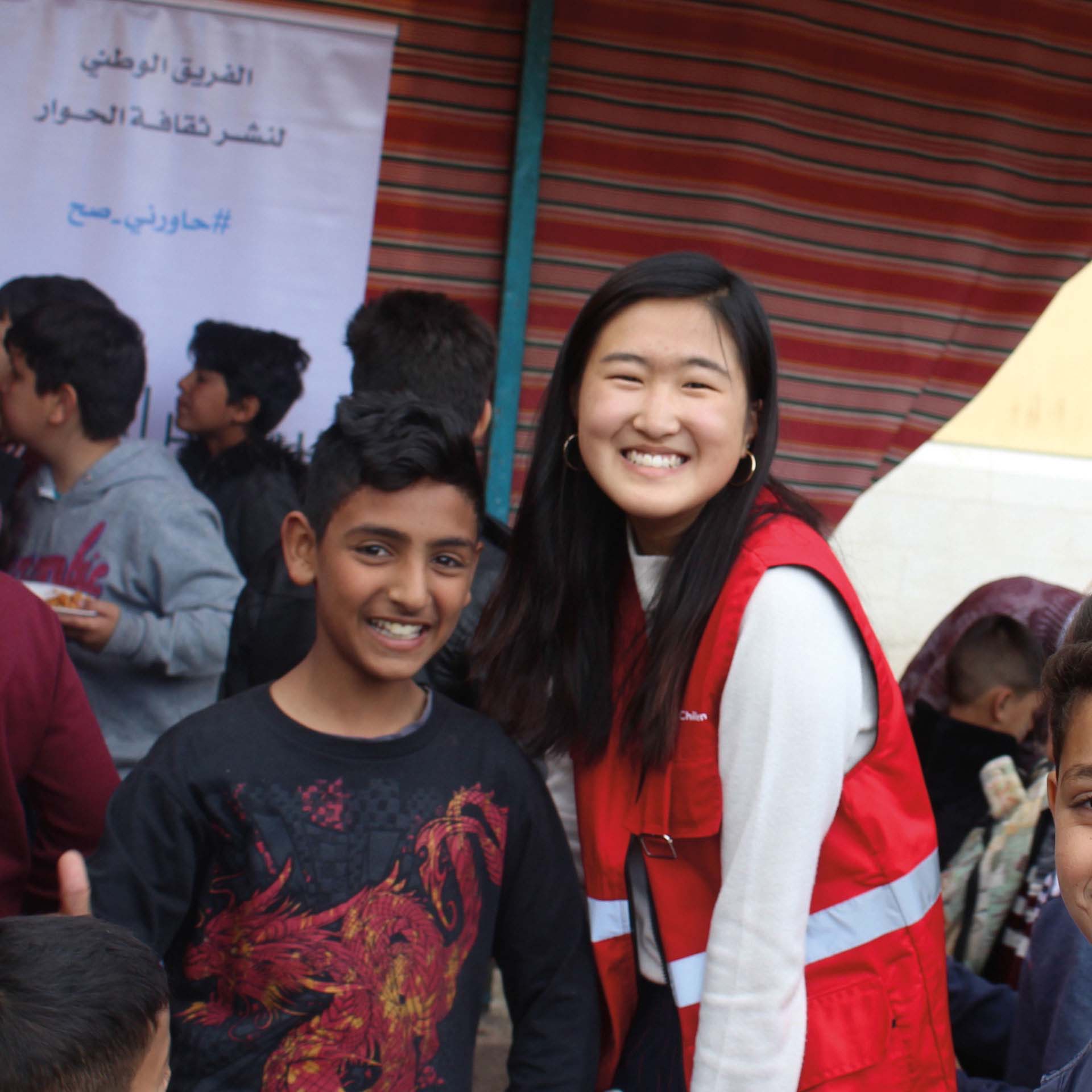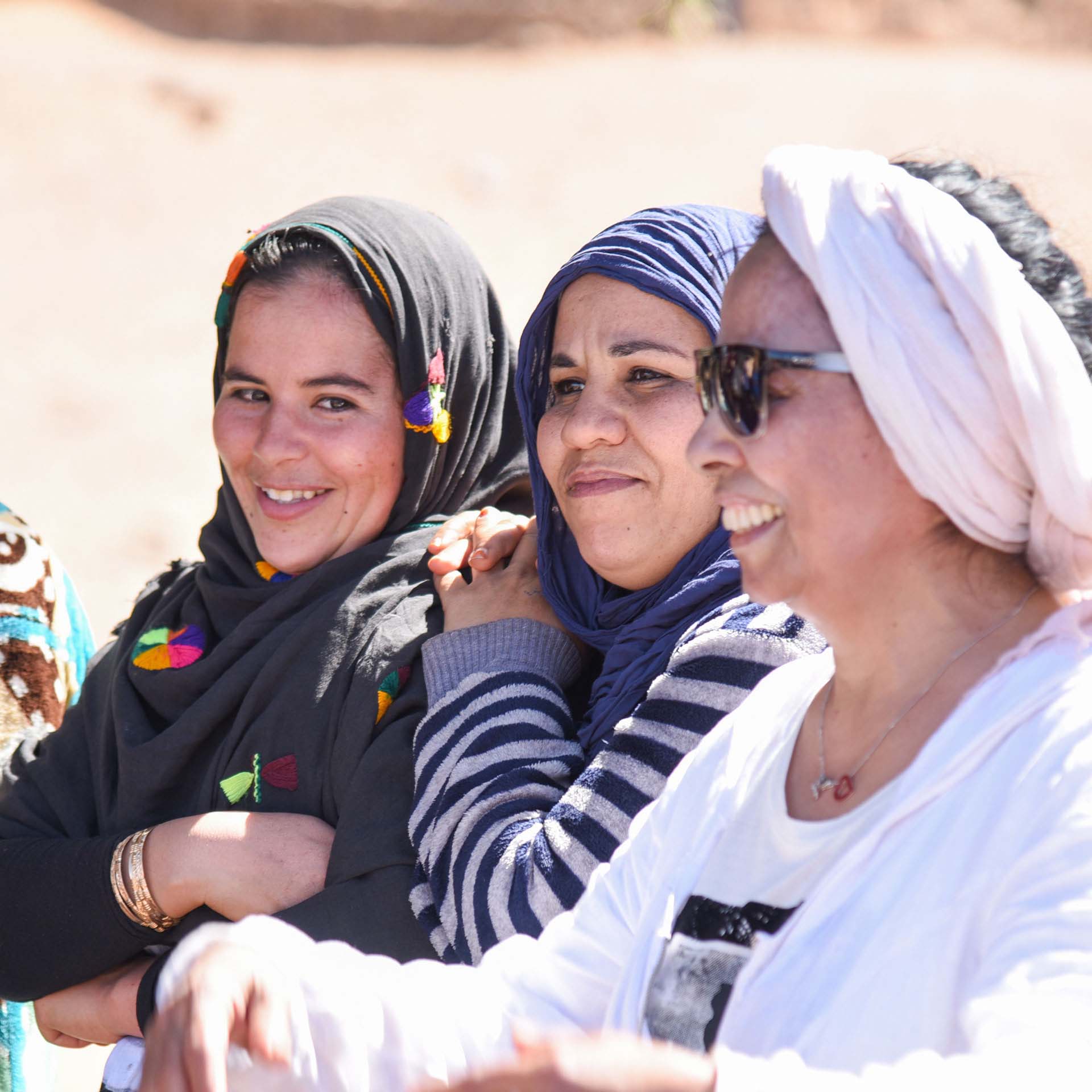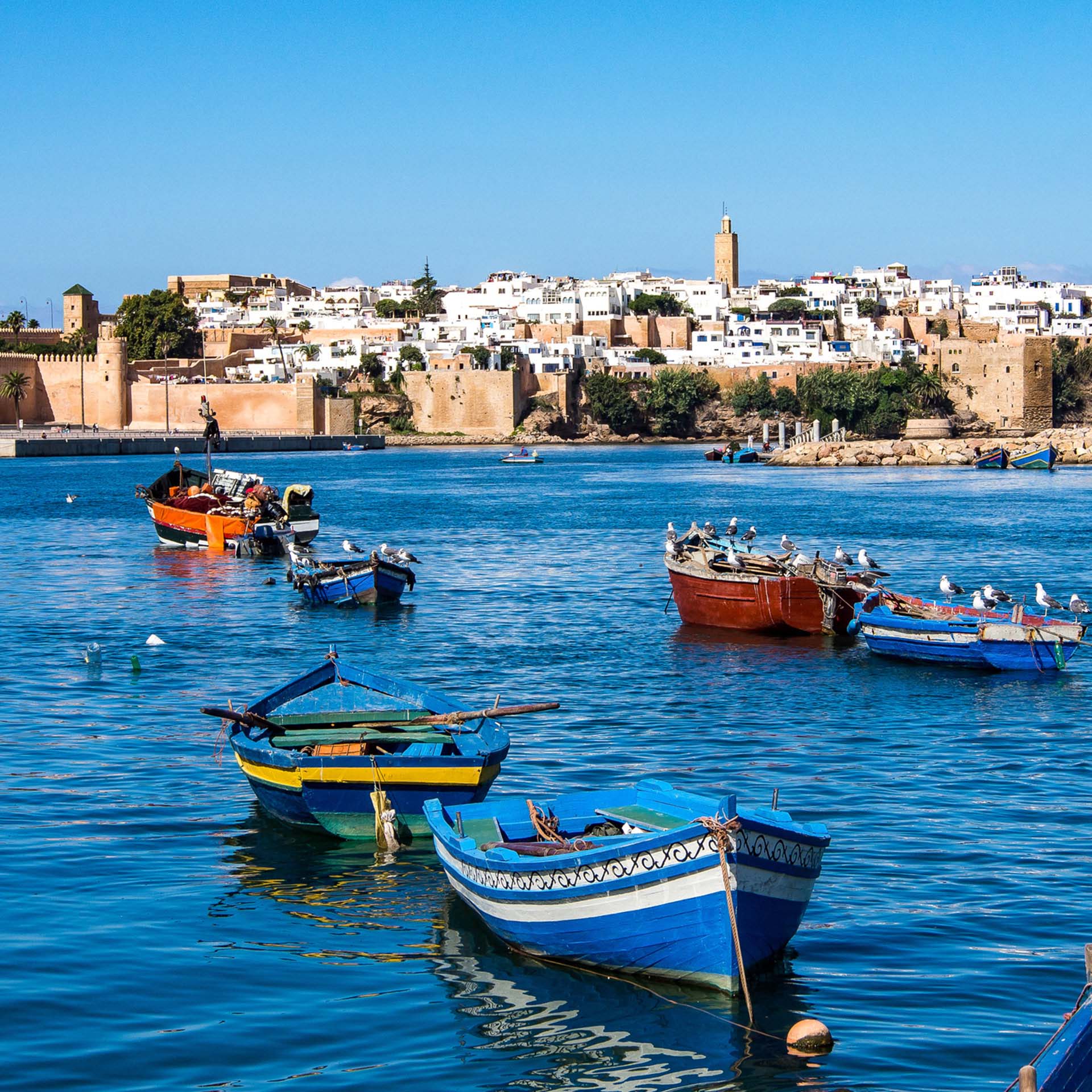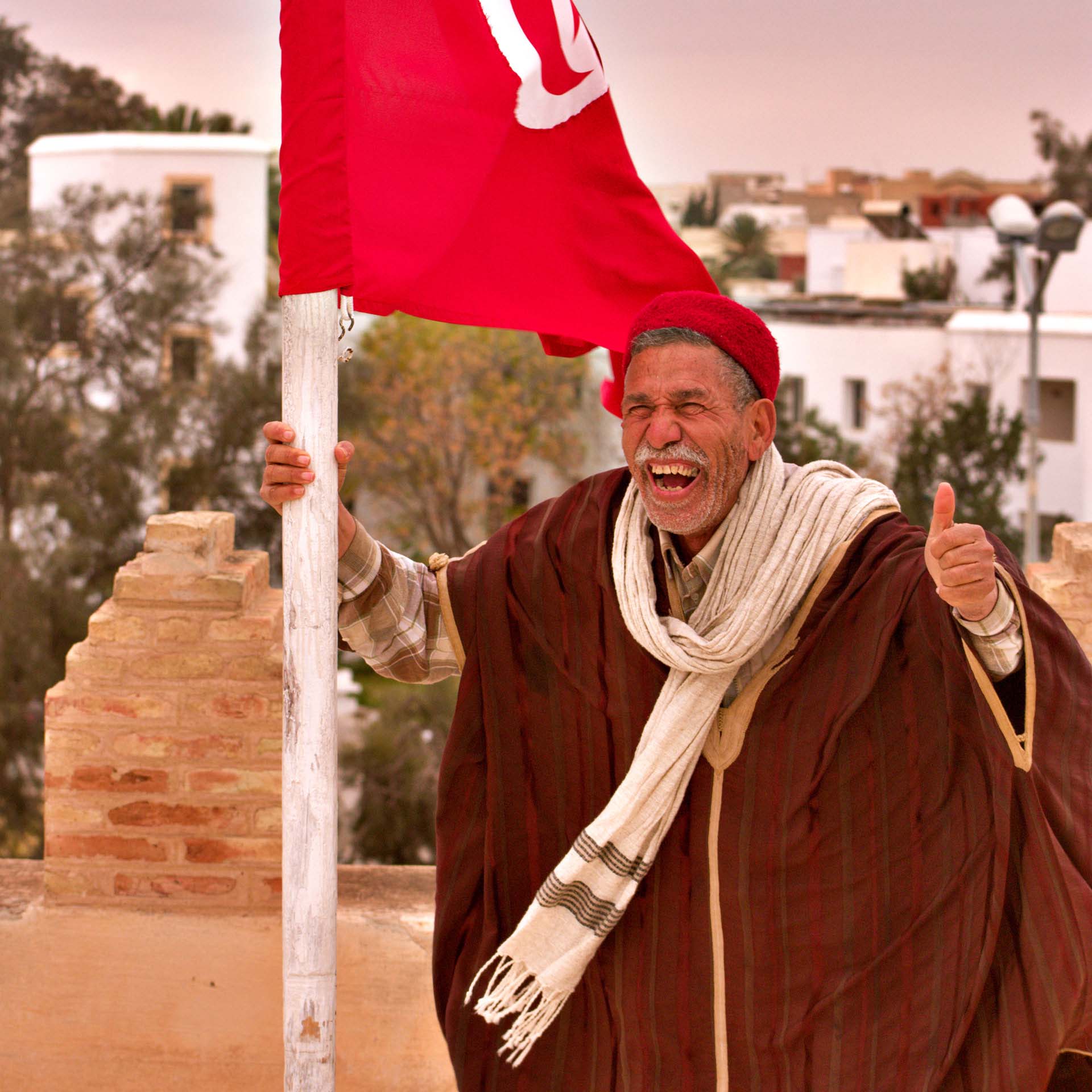Press enter to begin your search
PROGRAMS
We offer summer and semester programs in countries worldwide, including comparative programs in multiple countries. Choose your theme, format, language, and duration, with options for undergraduate research and internships. Our programs are interdisciplinary and open to a wide range of majors.
Programs in Jordan include excursions to Europe.
Programs in the Netherlands and Switzerland include excursions to North Africa and the Middle East.



